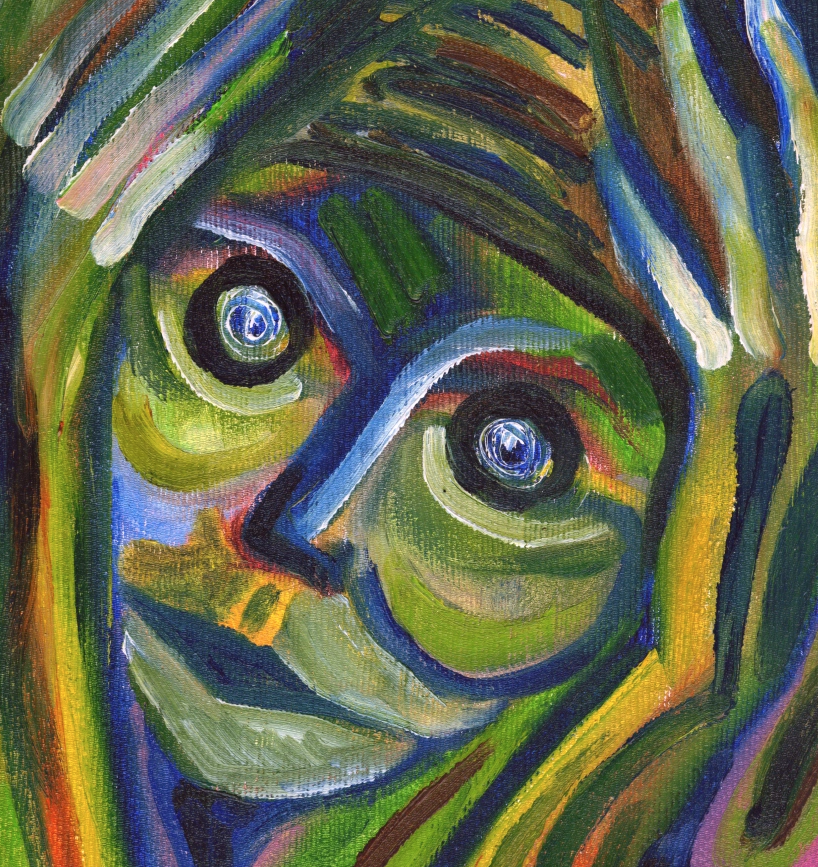Distressing conditions including PTSD, depression and anxiety have something in common: a difficulty in suppressing unwanted thoughts. Negative self-judgments and re-experienced traumas directly impact mental health and make recovery harder by intruding into the new experiences that should provide distance and a mental fresh start. Understanding what’s involved in thought suppression may therefore be one key to helping people with these conditions. Now research in Nature Communications has uncovered an important new brain process that may help explain why some people struggle to control their thoughts.
The research, led by Taylor Schmitz, comes from the lab of Michael Anderson at Cambridge’s MRC Cognition and Brain Sciences Unit. Anderson first began investigating thought suppression when the dominant position was that it’s not possible to suppress thoughts voluntarily – “just try to not think of a white bear for five minutes and see what happens!” was the popular example of the time, derived from Daniel Wegner’s ironic processing theory. However, Anderson used new methods, including the so-called “Think/No-Think paradigm” (more on this in a moment), to show that suppressed thoughts only rebound under certain conditions – in other words, it is sometimes possible to suppress thoughts successfully.
The new research used Anderson’s Think/No-Think paradigm. Participants first studied pairs of words. Afterwards they were shown one word from each pair and – depending on the instruction for that pair – either had to recall the other word in the pair (a “Think” trial), or instead had to block the other word from coming to mind (a “No Think” trial) . Later, when participants tried to remember which words were partnered with which, they did worse for pairs from No-Think trials than Think trials, on average (in fact, they did even worse recalling the No-Think pairs than other pairs that hadn’t featured at all since the initial study phase). This shows that No Think pairings had mostly been suppressed successfully. To read more from Alex Fradera, click here.
Dimitra Takos, PsyD. is a Newport Beach Psychologist specializing in the treatment of adolescents and adults suffering from depression, anxiety, trauma related disorders.

